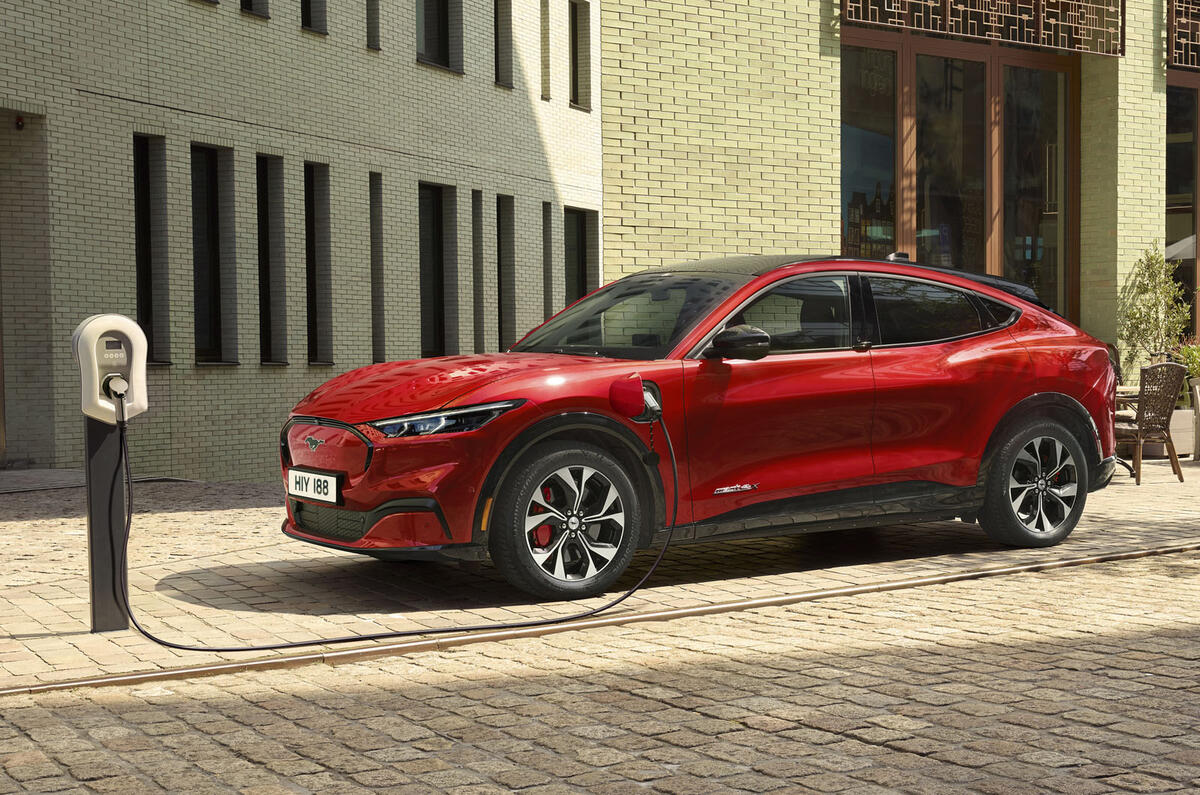Ford and Volvo are among 27 large companies to put their names to a petition calling on the European Union to ban the sale of new ICE cars and vans from 2035.
Last year, the EU proposed a 100% cut in vehicular CO2 emissions by 2035 across its 27 member states. To support this initiative, the companies have called on the EU to "establish mandatory targets for charging infrastructure" with a view to facilitating the mass switchover to EVs.




Join the debate
Add your comment
Even if customers could be persuaded, there is not the remotest possibility that the infrastructive will be in place to support this nonsense.
Not so sure I agree. If this becomes law, the various countries will have over TWELVE years to put the charging infrastructure in place. Where there is a will (or, in this case, necessity), there is a way.
It would have meant something in the past, when Ford was more than a niche maker.
But even so, they're booking a corporate trip to Dignitas.